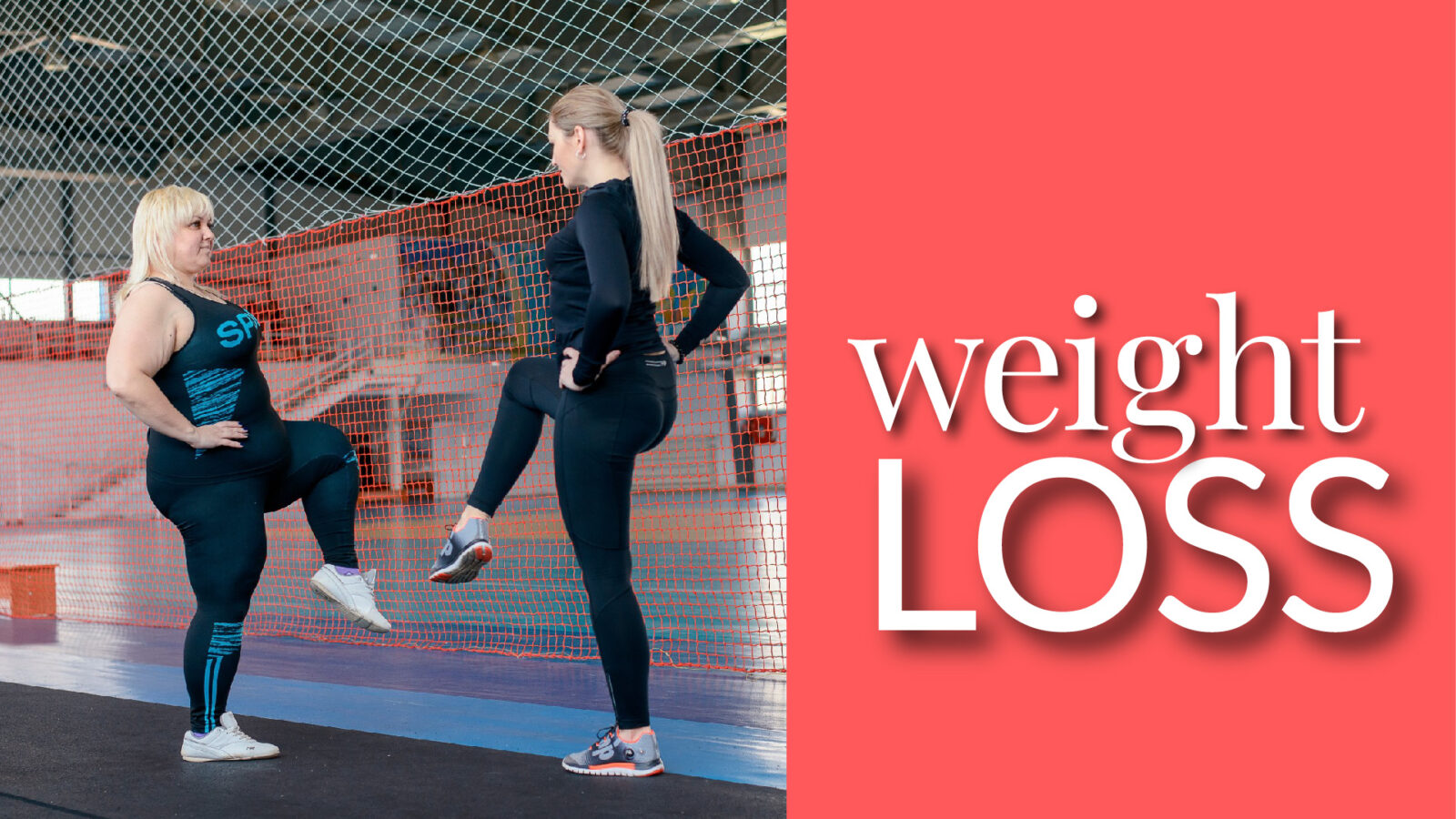Pros and cons of intermittent fasting

Intermittent fasting has received a lot of media attention as a great way to LOSE FAT and Maintain Muscle. But does it really work. Fit After 45 asked two experts me (Kathleen Trotter and Josh Hewett for our take.
First things first, what is intermittent fasting?
It’s important to set out that it is not a diet. Intermittent fasting is a pattern of eating, where you schedule your meals in such a way that you are getting the most out of them possible. It does not change what you eat, the way that diets do; it simply changes when you eat.
According to Josh Hewett, accomplished personal trainer, coach and author, Intermittent Fasting really isn’t a diet, “I don’t consider I.F. to be a diet per say. It’s really just an eating schedule.”
Why would this have an effect?
The Three States of Fasting:
To understand why you might consider Intermittent Fasting and why it is something that might help you to lose weight, you need to understand your body’s relationship with and reaction to food. When attempting Intermittent Fasting, your body will go through 3 different stages:
The Fed State: Immediately after eating, your body goes into what is known as the fed state. While in the fed state, your body is digesting and absorbing the meal you have just eaten.
Post Absorption State: During this phase, you are no longer digesting food. This phase lasts for around 8 – 12 hours after you finish your meal.
Fasted State: In this phase, your insulin levels are low and your body is able to burn fat that it doesn’t have access to while you are in the fed state.
Generally, on a normal eating schedule, your body won’t enter the fasted state because it is very rare to go 8 to 12 hours without eating.
Pros
Let’s start with some of the pros of Intermittent Fasting, and I mean the real ones. A quick and precise internet search will lead you to claims that I.F will do everything from save you millions to prevent cancer. That doesn’t mean however, that none of the pros are legitimate.
An obvious pro of intermittent fasting is that you will eat less, and as old school thinking in terms of weight loss goes, if you want to lose weight, eat less and do more. Kathleen Trotter, personal trainer, Pilates specialist and author of Finding Your Fit, explains, “one possible positive of intermittent fasting is that it make abstaining from food between meals a “non negotiable”, which can be helpful if you are a person who mindlessly grazes at food.”
Others point to Intermittent Fasting as an incredibly easy form of meal scheduling, because you will put less time and effort into meal prep and planning, since you will be eating less meals each day, particularly if your current schedule of eating is along the lines of a meal, or mini-meal every four hours. That’s also a nice ease on your food budget!
Proponents of intermittent fasting are always quick to point out that its main benefit is that you are taking in enough calories during your two meals that you are able to lose fat without sacrificing muscle. According to Josh Hewett, this holds true. “In my experience it certainly does work. It does what it promises, helps you lose fat faster while maintaining muscle.”
Cons
As with anything to do with health, diet, and fitness, we need to always weigh the good with the bad. We’ve seen the good, so let’s look at a few of the downsides that can accompany intermittent fasting.
Like all diets and eating plans, even those based on schedule, it isn’t for everyone, and there is a chance, that in some particular cases it can have serious consequences as Trotter points out, “negative is if you have blood sugar irregularities (such as diabetes), not eating for sustained amounts of time can be detrimental.”
For those looking to add muscle and drop weight (and let’s face it, that’s a lot of us), this schedule of eating can make it difficult to achieve your goals. “It may be challenging to consume the necessary calories and macro-nutrients while following this protocol.” Says Hewett.
How you handle the few meals you have will go a long way to what sort of impact Intermittent Fasting can have for you. If those meals are full of unhealthy choices, it’s not going to make a whole lot of difference. As Trotter says, “Intermittent fasting is not healthy if you abstain from food for 16 hours and then eat large amounts of McDonald’s or Pizza. We all have to address why we eat. Are we bored? Depressed? How much we eat, when we eat, and how we eat.”
So beyond just following a proper schedule, there is a lot more that goes into successful intermittent fasting than some of the advocates might have you believe.
Let’s face it, there are a lot of different diets and eating plans out there, and like Intermittent Fasting, they all have their pros and cons. Hewett points out that, “intermittent fasting is not a miracle solution. If you don’t address why and how you formed your unhealthy habits, any current unhealthy habit will just follow you from one diet to another.”
This is a sentiment that Trotter echo’s, “there is no one size fits all diet regime. Everybody is unique and needs a unique plan of action. Thus, the positives and negatives of intermittent fasting depend on your unique needs, health habits and goals.”
So be sure, before giving Intermittent Fasting a try, that you do your due diligence. Maybe try one of the popular methods where you try Intermittent Fasting 3 days a week and see how well you handle it, and whether or not it works for you.
But, remember, there are no miracles or easy roads when it comes to weight loss, and there is no substitute for eating properly balanced meals, made up of quality foods.
Originally published at FITAFTER45












